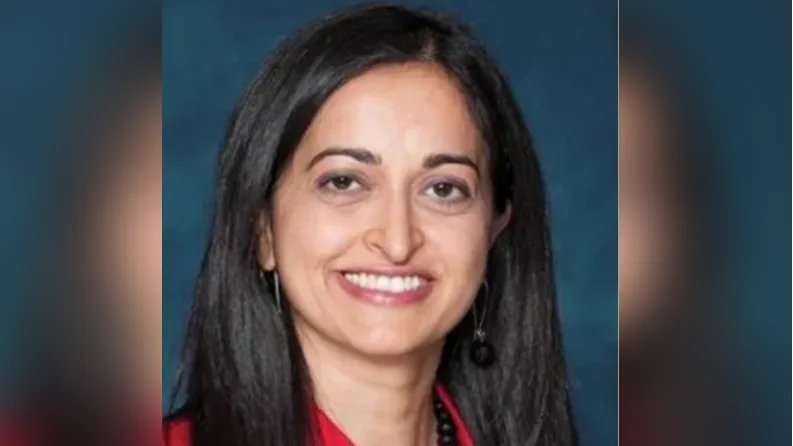
Mayo Clinic has announced the launch of Mayo Clinic Digital Pathology at the 43rd Annual J.P. Morgan Healthcare Conference. This new initiative aims to modernize pathology practices and accelerate medical breakthroughs by utilizing a platform architecture designed to unlock the power of its extensive archive of digital slides.
The effort is supported by NVIDIA's accelerated computing capabilities, which aim to enhance performance and scalability of generative AI in pathology. Mayo Clinic is also collaborating with Aignostics, an industry leader in building AI models for precision medicine, to mirror its established approach to patient care. This collaboration brings together medical and technological expertise.
"Mayo Clinic is reimagining what is possible in disease detection and prediction, both within its own system and globally," stated Jim Rogers, CEO of Mayo Clinic Digital Pathology. He emphasized the role of large datasets in building powerful AI models that could improve diagnosis speed, accuracy, and efficiency.
Kimberly Powell, VP of Healthcare and Life Sciences at NVIDIA, noted that "AI-driven insights can accelerate diagnostics, enhance precision medicine and revolutionize patient care." The digitization process harnesses vast datasets through NVIDIA's accelerated computing to pave the way for faster medical breakthroughs.
Viktor Matyas, CEO of Aignostics, highlighted that merging Mayo Clinic's data with advanced machine learning capabilities would produce breakthrough foundation models advancing precision medicine.
Most pathology practices remain dependent on analog processes. To address this issue, Mayo Clinic has invested in digitizing its pathology practice by scanning both archived and current patient slides. Currently, Mayo Clinic Digital Pathology has utilized 20 million digital slide images linked to 10 million patient records.
In collaboration with Charité – Universitätsmedizin Berlin, Mayo Clinic and Aignostics developed a leading foundation model based on 1.2 million deidentified slides. The findings were published on January 9th. Efforts are ongoing to develop new solutions using this model.
The partnership with NVIDIA will help create an infrastructure for building foundation models that advance generative AI in pathology. Using NVIDIA Clara's healthcare-specific full stack computing architecture for AI, Mayo Clinic aims to lay the groundwork for personalized patient experiences.
Mayo Clinic Digital Pathology builds upon years of planning within the global network of Mayo Clinic Platform and Mayo Clinic Laboratories. These efforts continue as part of a broader strategy to innovate diagnosis, treatment, and operational improvements worldwide.
Matthew Callstrom from Mayo Clinic Radiology remarked on the potential impact: "These new capabilities using digital pathology data will unlock this critically important clinical information for building AI solutions for advanced diagnosis and care."